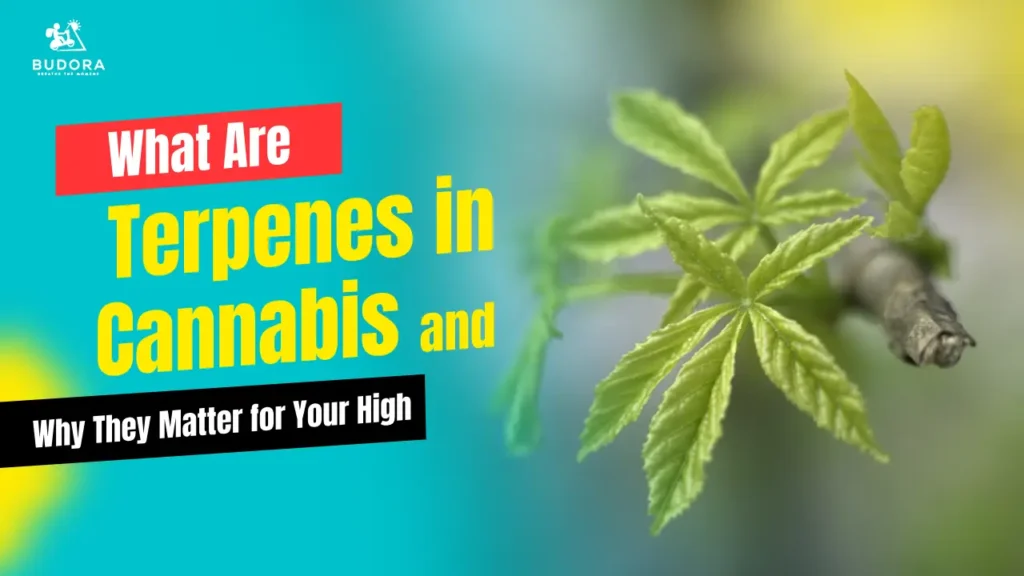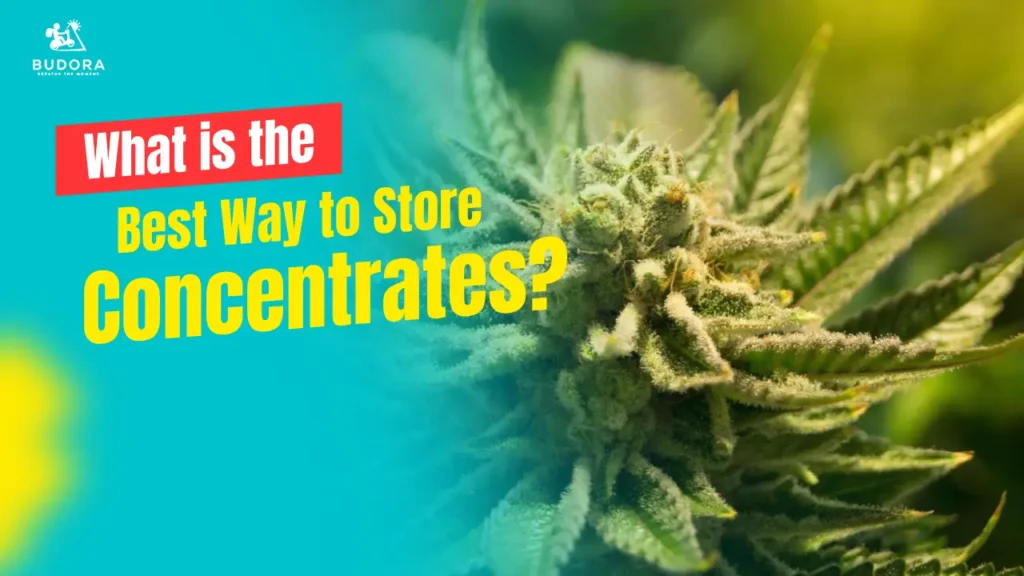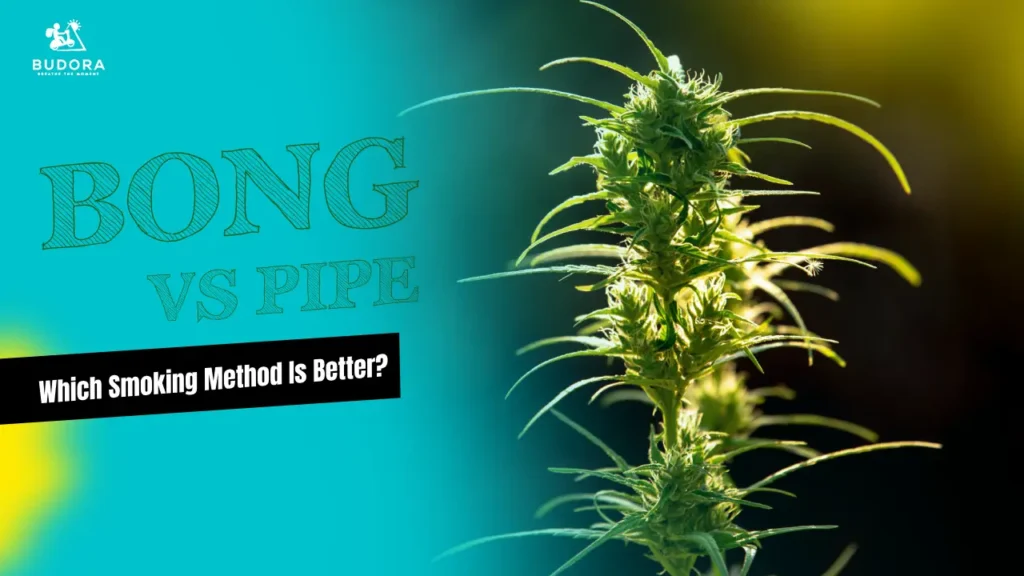Blog
Are Edibles as Bad as Smoking Weed? Safety, Side Effects & Risks
- Budora Team
- No Comments
- Cannabis WeedBlogs
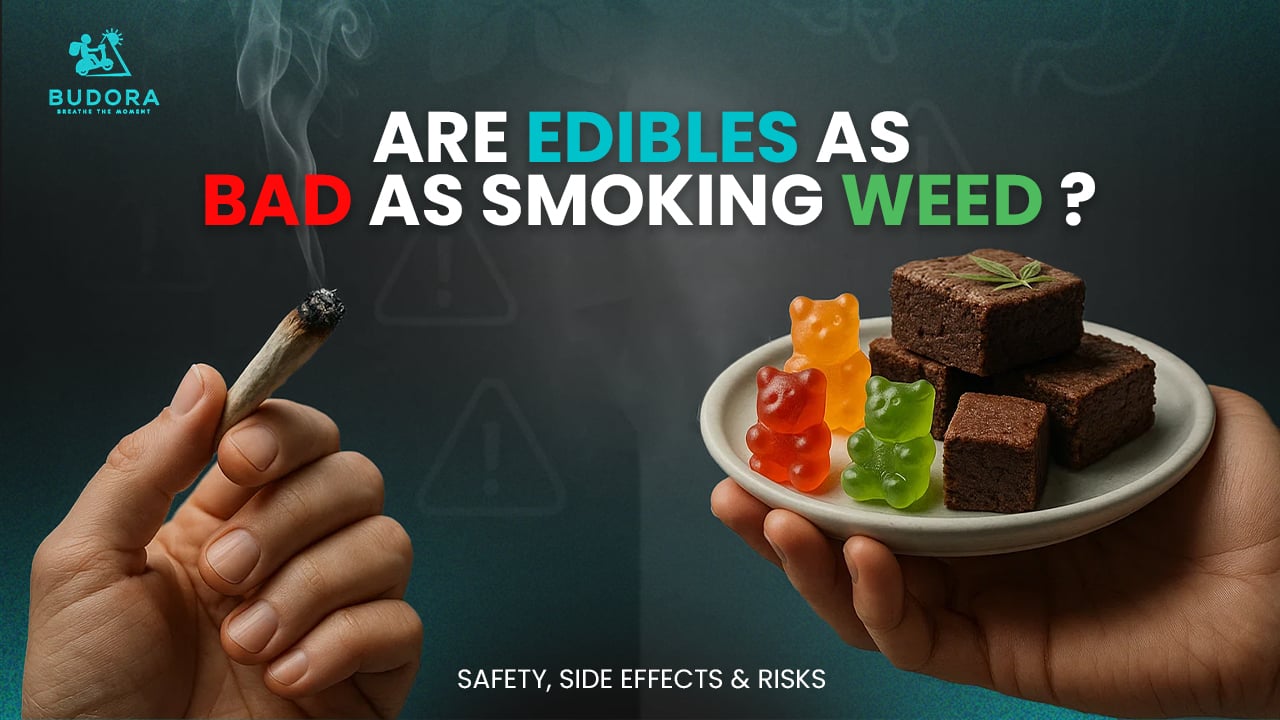
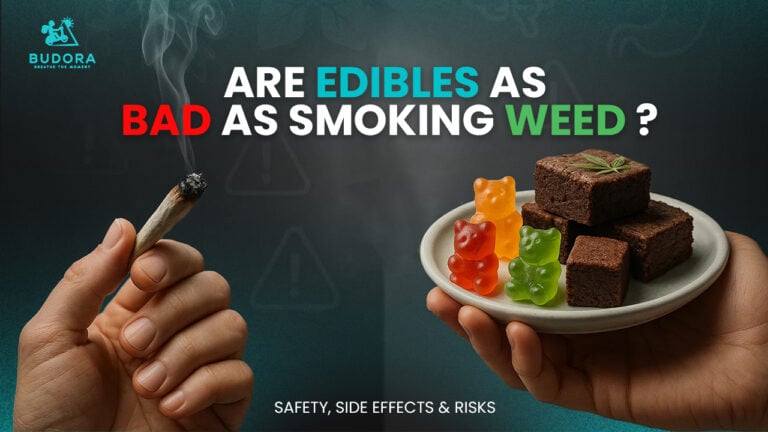
Cannabis consumption methods vary—smoking is traditional, but edibles are gaining popularity. But are edibles as bad as smoking weed? In this article, we’ll explore how they compare in terms of safety, side effects, dosage risks, and cardiovascular concerns, backed by top research and vetted guidelines. But we need to understand that edibles and smoking weeds are equally injurious for human health. Edibles contain nutritional ingredients, too.
Key Highlights
- Edibles avoid lung damage but carry greater overdose risk and longer-lasting psychoactive effects than smoking weed.
- Both smoking and edibles pose cardiovascular risks, with recent studies showing edibles may impair heart health even more.
- Start low and go slow with edibles—2.5–5 mg is the recommended beginner dose to avoid accidental overconsumption.
What Are Edibles & How Do They Work?
Edibles vs smoking weed begins with how the body absorbs THC — check out our guide Edibles vs. smoking weed to explore this in detail. Smoking enables THC to enter the bloodstream almost instantly via the lungs, while edibles are processed through the digestive tract and liver, where THC transforms into the more potent 11‑hydroxy‑THC. This metabolic path results in a delayed and often more intense high.
What are the pros and cons of edibles? A comparison needs to be known.
Pros of Edibles
- Lung-friendly: Edibles skip combustion entirely, avoiding the lung irritation and respiratory risks tied to smoking.
- Longer and stronger effects: Metabolized differently, edibles often deliver more potent and longer-lasting effects due to conversion into 11-hydroxy-THC.
Cons of Edibles
- Unpredictable dosing & delayed onset: Effects take longer to kick in and can vary, leading to accidental overconsumption.
- Higher overdose risk: Edibles account for a disproportionate number of cannabis-related ER visits because users misjudge dosage.
- Potential for intense side effects: Overconsumption may cause anxiety, paranoia, motor impairment, or other serious symptoms.
Smoking Weed: Quick High, Respiratory Impact
Smoking delivers effects within minutes and peaks around 30 minutes, fading after 1–3 hours. It provides more control over dosing—users feel it quickly and can adjust consumption accordingly. However, repetitive smoking brings toxins and carcinogens into the lungs, increasing the risk of bronchitis and airway inflammation.
Edibles: Slow to Start, Long-Lasting Toll
Are edibles as bad as smoking weed? It depends on what you’re measuring. Edibles avoid lung damage but pose unique challenges:
- Delayed onset (30 min–2 hours), leading to accidental overconsumption.
- Longer effects (4–8+ hours), compared to 1–3 hours with smoking.
- More intense psychological effects due to 11‑hydroxy‑THC metabolite.
- Inconsistent potency labeling can mislead users.
Health Effects of Edibles vs Smoking
Lung vs Heart Risk
Smoking leads to direct lung exposure, increasing the risk of inflammation and irritation. Edibles, lacking respiratory harm, have been touted as safer this way.
However, a new study shows both methods can impair vascular function, increasing heart attack and stroke risks by up to 56% in chronic edible users. While smoking triggers oxidative damage via serum markers, edibles avoid that route yet still harm the vascular lining.
Overdose & Mental Effects
Edibles are associated with more emergency visits due to accidental overdose, fast-rising 11‑hydroxy‑THC levels causing panic, psychosis, and cardiovascular stress.
Smoking produces more predictable psychoactive effects, making it easier to stop before exceeding one’s limit.
Which Method Is Safer?
Ultimately, are edibles safer than smoking? The answer is nuanced:
- For respiratory health, yes—edibles avoid lung toxins.
- For cardiovascular health and mental effects, both carry significant risks.
- For dosing control, smoking offers more predictability.
- For duration, edibles are more intense and longer-lasting—good for pain relief, less ideal for quick, controlled use.
Edibles Dosage Guidelines: Start Low & Go Slow
Based on edibles dosage guidelines, experts recommend:
- Beginners start with 2.5–5 mg THC, waiting 2 hours before increasing — see our Edible dosing consumption guide for the full dosage chart.
- Standard serving sizes = 5–10 mg THC; experienced users may consume 10 mg or more.
- Avoid mixing with alcohol or using high-THC products frequently.
Tips for Lower-Risk Use
- Start low and wait — don’t chase that elusive hit.
- Read labels carefully—watch for hidden potency.
- Keep edibles locked, especially around children — learn how to make an edible to control portioning and storage.
- Consume in familiar, safe environments.
- Consider combining with CBD and THC ratios to reduce psychoactive effects.
- Consult a healthcare provider, especially with heart conditions.
FAQs
Are edibles safer than smoking weed?
They’re safer for lung health but carry higher risks of overdose, prolonged high, and heart issues.
Do edibles affect the heart more than smoking?
A UCSF study shows edible users had 56% vascular impairment, smoking at 42%—both significantly affect the heart.
How long do edible effects last?
Typically 4–8 hours, sometimes up to 12, compared to smoking’s 1–3 hours.
What’s a safe edible dosage for beginners?
2.5–5 mg THC, with a wait time of minimum of 2 hours before more.
Can heart risk be reduced when using edibles?
Possible through moderate use, avoiding frequent high-dose intake, and regular cardio check ups—but cannabis carries cardiovascular risk regardless of form.
Like this article?

Budora Team
OTHER ARTICLES YOU MAY LIKE

